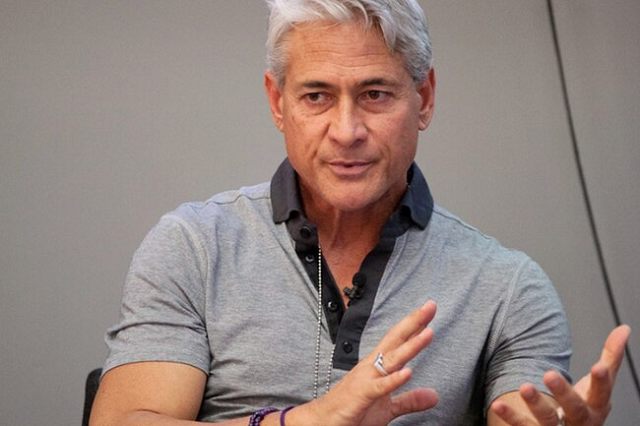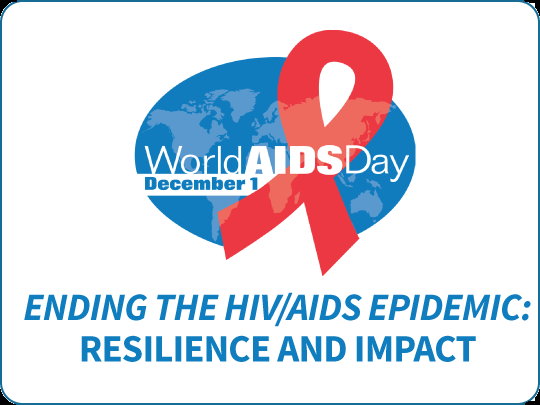Every year on the first of December, individuals and organizations raise awareness about AIDS globally in a bid to curb the spread and reduce the death rate. This year’s theme is “Ending the HIV/AIDS Epidemic: Resilience and Impact”.
In the 1980s and early 1990s, the outbreak of HIV and AIDS surfaced in around the world, although the disease is said to have originated from animals.
According to the World Health Organization (WHO) more than 70 million people have been infected with HIV and about 35 million have died from AIDS since the start of the pandemic.
World AIDS Day was first observed in 1988.
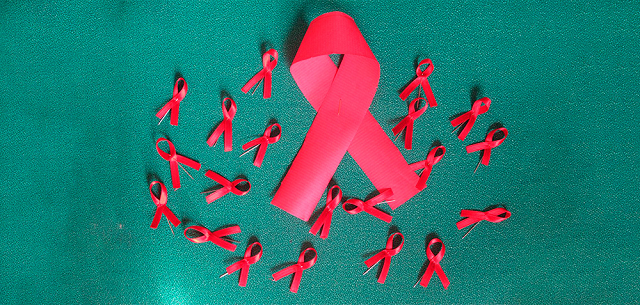
Acquired immunodeficiency syndrome (AIDS) is a persistent, potentially life-threatening condition caused by the Human Immunodeficiency Virus (HIV). AIDS is caused by HIV which interferes with the ability of the body to fight infections.
Antiretroviral Therapy
The infection rate of AIDS has reduced because more people get antiretroviral treatment for HIV which delays the development of the disease.
The treatment for HIV is called antiretroviral therapy (ART), this involves taking a combination of HIV medicines (called an HIV treatment regimen) every day.

Common Fact About AIDS
AIDS is not a death sentence.
AIDS can be contracted through sexual contact, sharp objects, unscreened blood, unprotected sex and bodily fluids
AIDS can not be spread through hugs or handshakes
There is no cure for AIDS, however, regular use of antiretroviral treatment can reduce the effect of the disease.
AIDS is very chronic and can last for a life time.
A regular medical check-up is required for AIDS patients or anyone that comes into contact with the disease.
READ ALSO: Stanbic IBTC Holdings PLC Announces the Establishment of its Wholly-owned Life Insurance Subsidiary
How AIDS Can Be Spread
Through Unscreened blood.
Infected medical equipment or needles.
Unprotected sex
From mother to child through pregnancy, labour or nursing (if medications are not used).
Post-Exposure Prophylaxis (PEP)
Post-Exposure Prophylaxis (PEP), is a short course of HIV medicines taken immediately after a possible exposure to HIV to prevent the virus from presiding in the body. The treatment must be started 72 hours after exposure.
Treatment as Prevention (TasP) is the taking of HIV medication to avoid the sexual transmission of HIV. It is one of the highly effective options for preventing transmission of HIV.
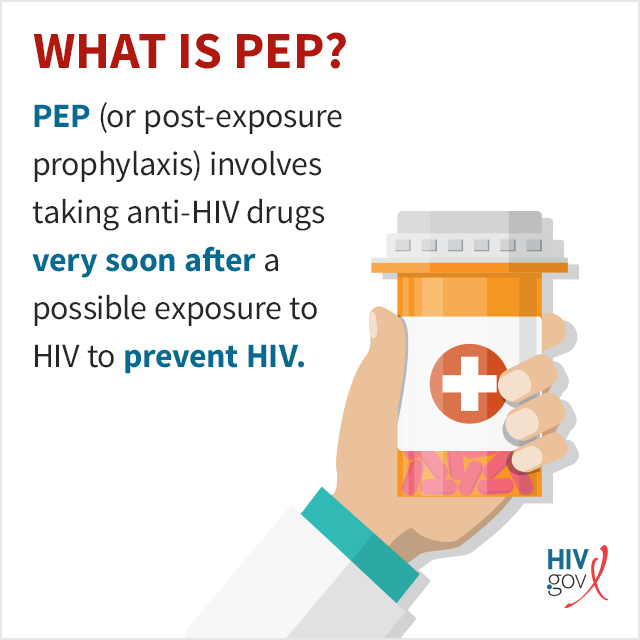
Stages of HIV
Stage 1: Acute HIV Infection
The people under this stage have a large amount of HIV in their blood. They are very contagious.
Stage 2: Chronic HIV Infection
This stage is also called asymptomatic HIV infection or clinical latency, meaning that the disease reproduces at very low levels.
Stage 3: Acquired Immunodeficiency Syndrome (AIDS)
The most severe phase of HIV infection.
People with AIDS due to low immune systems stand a chance of contacting opportunistic infections.
AIDS is the late stage of HIV. A person has AIDS when the immune system is already too weak to fight off any disease. When untreated, AIDS leads to death.
Symptoms of AIDS
Fever
Rash
Muscle aches
Sore throat
Fatigue
Rapid weight loss
Recurring fever or profuse night sweats
Prolonged swelling of the lymph glands in the armpits, groin, or neck
Diarrhea that lasts for more than a week
Sores of the mouth, anus, or genitals
Pneumonia
Red, brown, pink, or purplish blotches on or under the skin or inside the mouth, nose, or eyelids
Memory loss, depression, and other neurologic disorders
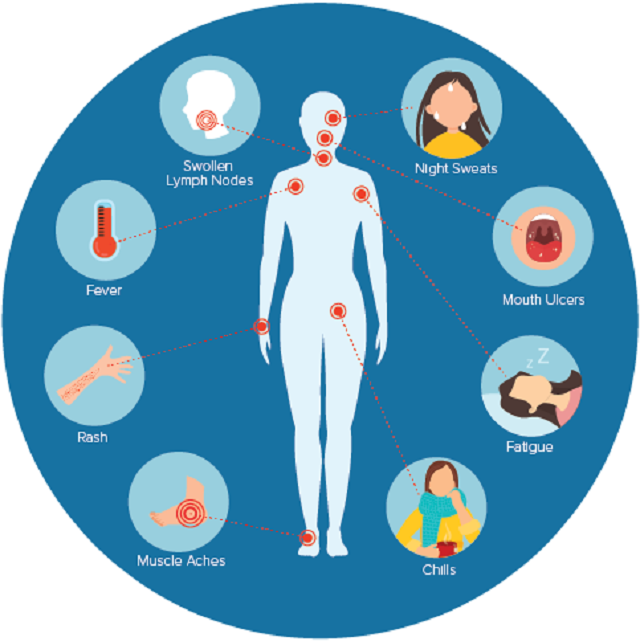
Prevention of AIDS
Be adequately informed about the virus.
Practice safe sex.
Conduct routine blood tests.
Do not share medical equipment or sharp objects.
Pregnant women who have the virus should visit the hospital in order to prevent transmitting the virus to the baby.
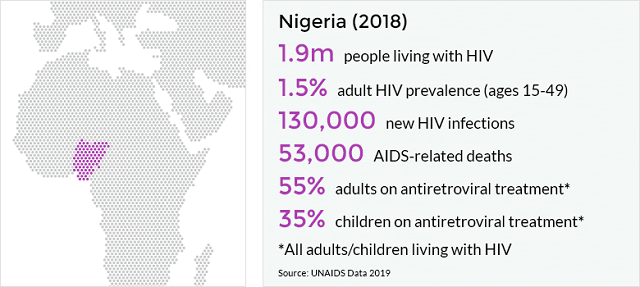
Here are some celebrities who not only disclosed that they have the virus but have helped to raise awareness;
Celebrities Living With HIV/AIDS
Dayo Amusa
Bisi Alimi
Greg Louganis
Jonathan Van Ness
Earvin Magic Johnson: The basketball legend announced he was HIV-positive in October 1991.
Freddie Mercury
